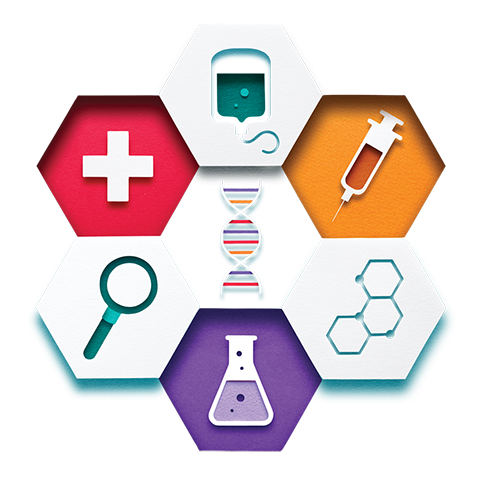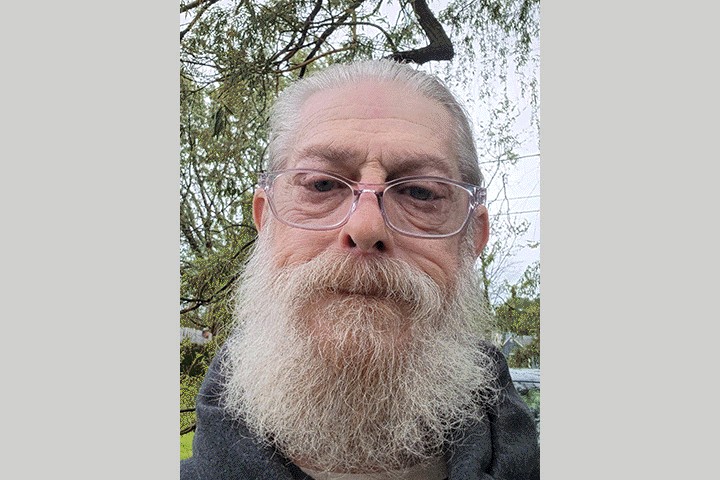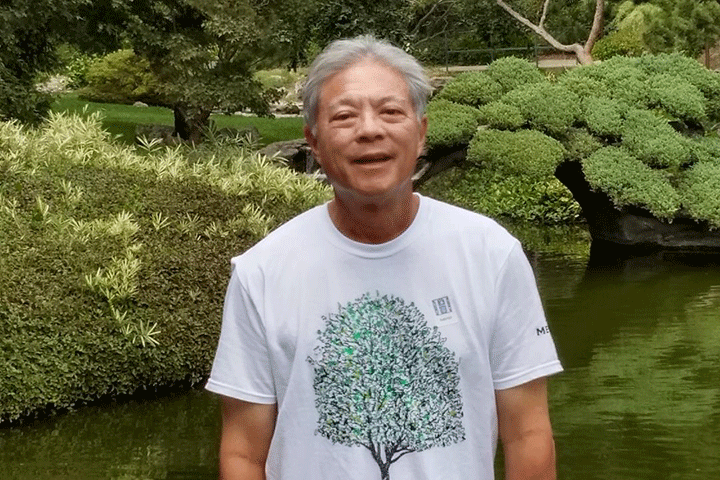Personalized Treatment Plans in the Fight Against PC

- A family member being tested for BRCA2 leads to early detection and intervention
- Personalized treatment plan
- Research uncovers potential clinical trials, including GVAX vaccine
- Readiness, research, and maintaining an active lifestyle important to good outcomes
A hero of my success story died of ovarian cancer.
My aunt had genetic testing, finding she inherited a BRCA2 mutation. She urged family members to be tested and thus avoid her fate. She died of ovarian cancer just three months before my first symptoms. She never knew that she had saved at least one person.
BRCA2 Determines Treatment Plan
My tumor encased the superior mesenteric artery, denying a surgical cure. The oncologists at MD Anderson knew what to do. Recently published case studies reported outstanding results using Gemzar/cisplatin in a pancreatic ductal adenocarcinoma (PDAC) patient with a BRCA2 mutation. The same combo had been used in BRCA2 patients with other cancers with some successes. MD Anderson treated my cancer by its mutation type rather than strictly by its location.
Realizing that “standard treatments result in standard outcomes” (not good for pancreatic cancer), I opted for Gemzar/cisplatin. Within a few days my pain level was below the level of the drugs I had been taking. My “personalized treatment” based on a BRCA2 mutation in my tumor resulted in a spectacular tumor reduction. After nine rounds, we could no longer see any further reductions in size. We decided to “lock in” our gains with chemoradiation therapy. For the next year, I had no symptoms, reduced my pain meds to nothing, and lived my life between scans. During this time I researched and placed myself on a waiting list for an ONT-10 vaccine clinical trial.
Qualifying for Surgery
Each trip to MD Anderson, one of my questions was, “Have I become eligible for surgery?” A year after diagnosis, the answer changed to “maybe” and we explored this option. A CT/PET scan showed no tumor activity and the tumor board was split on whether I was cured or not. They left the decision up to me and I went forward with surgery instead of the clinical trial.
Surgery was successful with negative margins, a 5 mm tumor buried in a larger area of scar tissue, and no lymph node involvement. My surgeon was supremely confident (as they all are) and declared that I needed no adjuvant therapy. I promptly enrolled in the adjuvant clinical trial for GVAX vaccine at Johns Hopkins. It added the benefit that I’m now inside two of the very best pancreatic cancer hospitals in the country.
I am active on several patient online forums, including as moderator of the pancreatic forum at cancerforums.net. I take my experiences as a patient, knowledge as a researcher, background in science, and past histories of other forum members to relay information to the newly diagnosed. I am active on BRCA forums, even speaking at FORCE‘s 2015 yearly conference. I stay very physically active on my road bicycle, covering more than 8,000 miles in 2015.
If cancer is to come for me again, my plan is to be ready. I’ve lined up the top hospitals. I’ve researched the next treatment options. I’m in this for life.
Every treatment we have is there because someone before us took it in a clinical trial.
Watch David tell his story in “Sharing My Knowledge With Others.”






